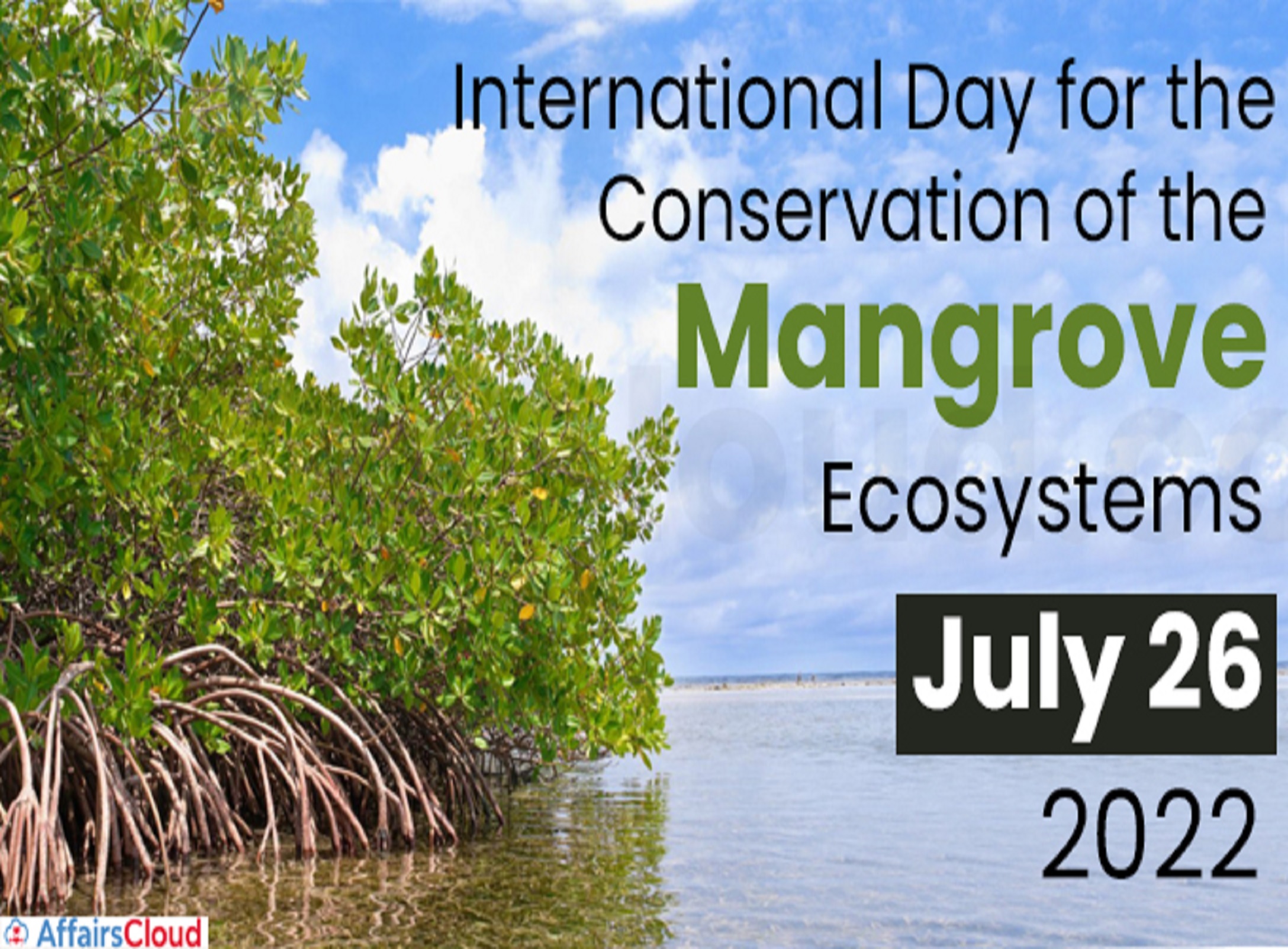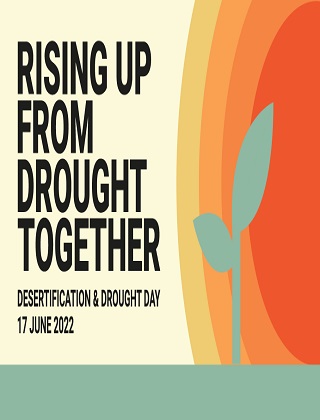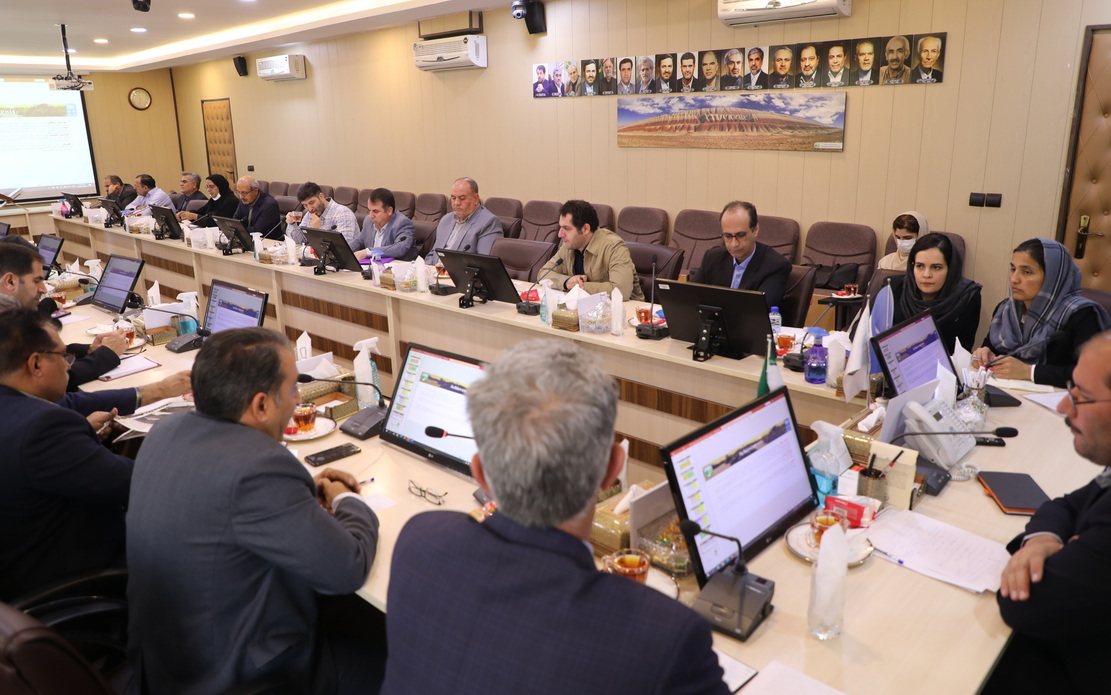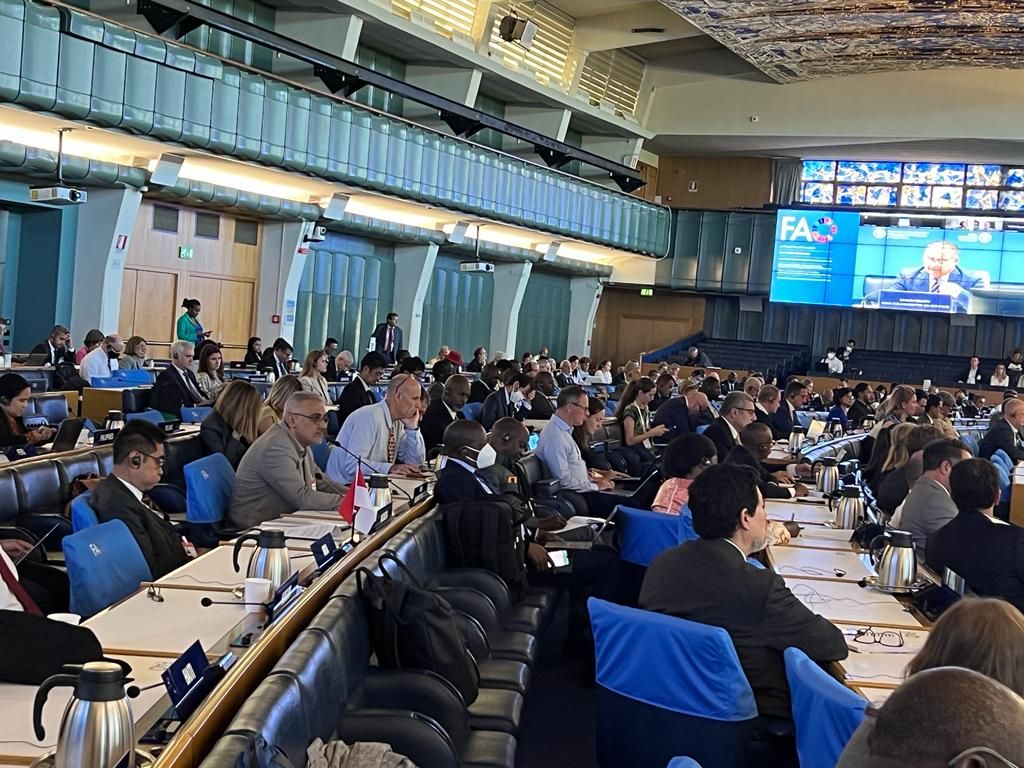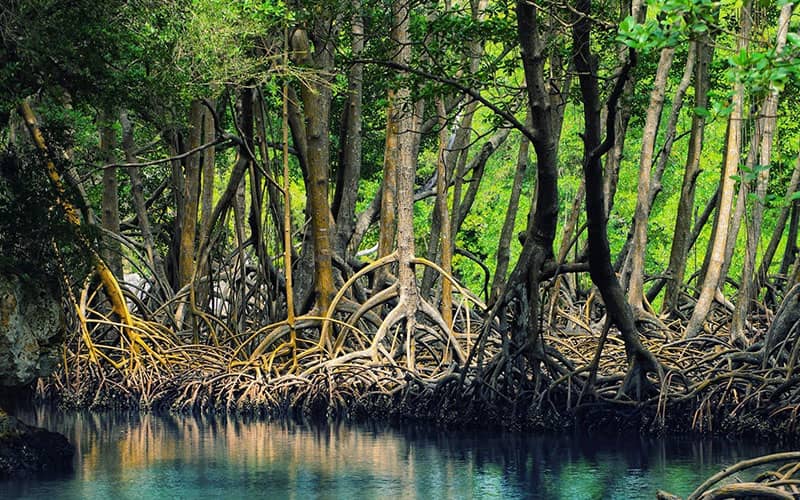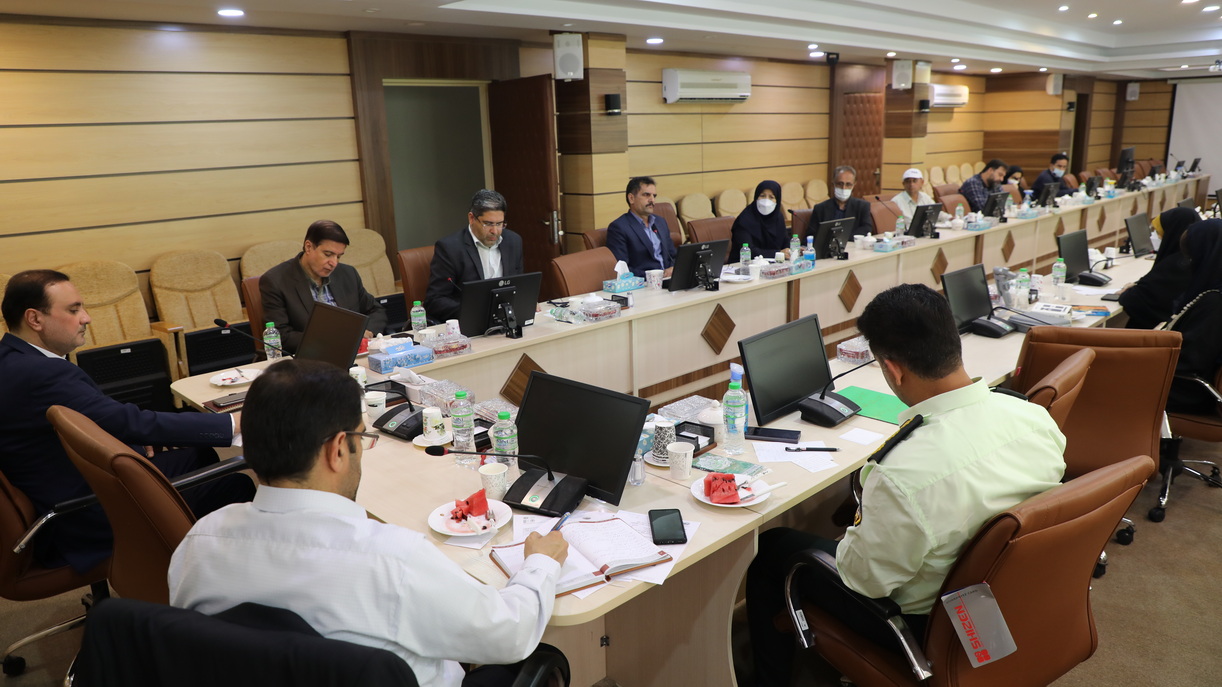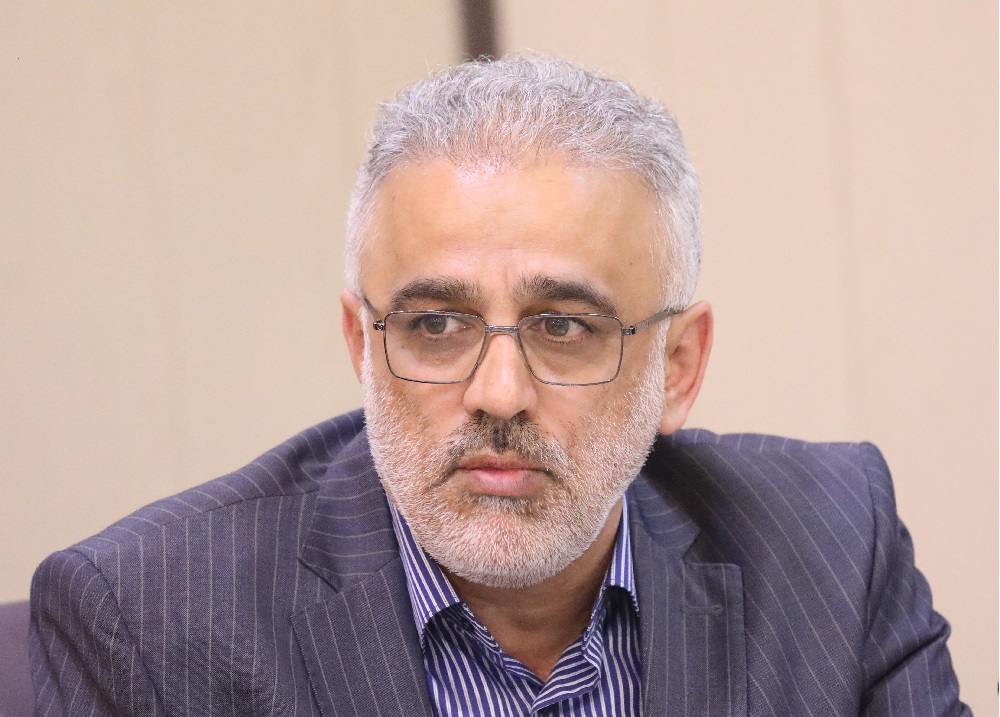The Farewell and Welcoming/Introduction Ceremony of Head of NRWO Held at NRWO with the Presence of Minister
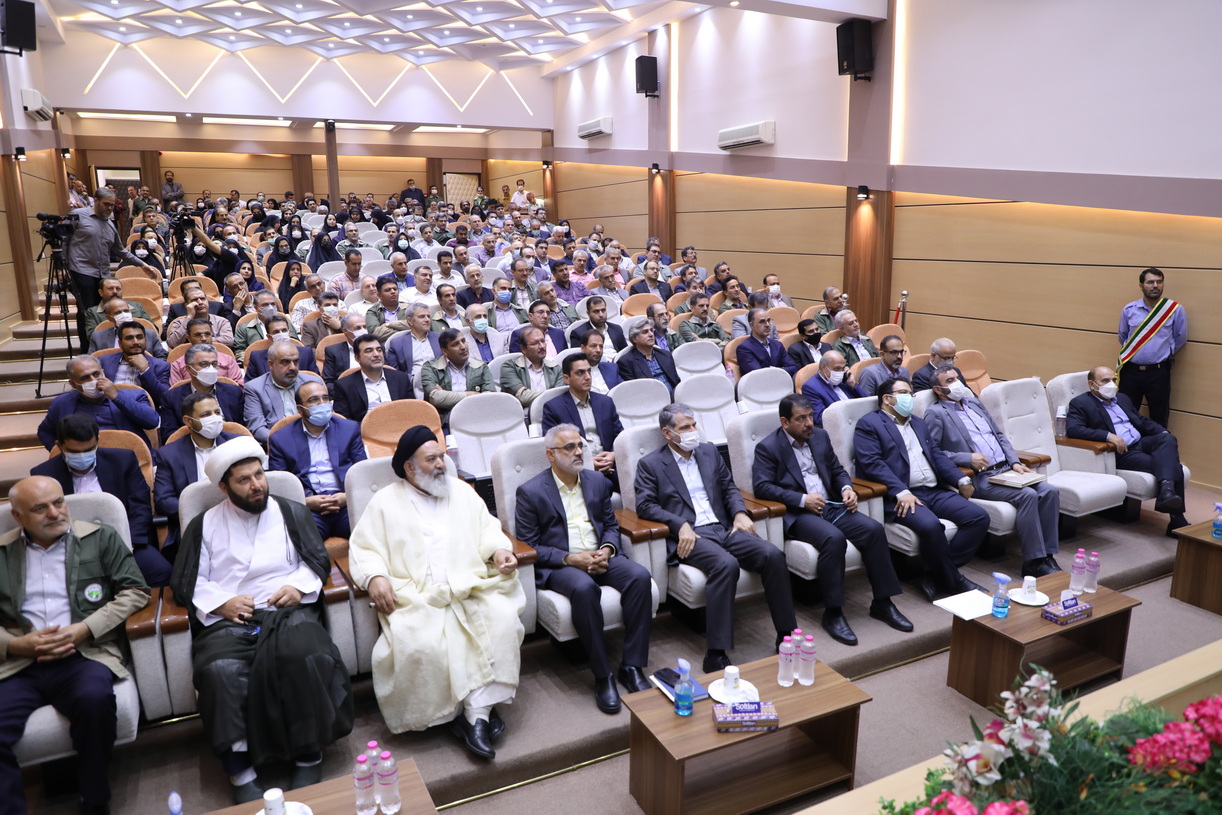
In a farewell and welcoming/introduction ceremony with the presence of Dr. Seyyed Javad Sadatinejad, Minister of Agriculture Jahad accompanied by Ali-Akbar Mottakan, Deputy Minister and Head of Dept. for Planning and Economic Affairs as well as Heads of provincial Directorates of Natural Resources and Watershed Management which was held at NRWO Headquarters on June 26,2022, Dr. Abbas-Ali Nobakht was introduced as the Acting Head of the Natural Resources and Watershed management Organization (NRWO).
29 June 2022 - In a farewell and welcoming/introduction ceremony with the presence of Dr. Seyyed Javad Sadatinejad, Minister of Agriculture Jahad accompanied by Ali-Akbar Mottakan, Deputy Minister and Head of Dept. for Planning and Economic Affairs as well as Heads of provincial Directorates of Natural Resources and Watershed Management which was held at NRWO Headquarters on June 26, 2022, Dr. Abbas-Ali Nobakht was introduced as the Acting Head of the Natural Resources and Watershed management Organization (NRWO).
In this Ceremony, New-Appointed Acting Head of Natural Resources and Watershed management Organization (NRWO) reiterated: "NRWO is in charge of the country's biosafety and biosafety is the vital link between national security and food security."
Nobakht stated that based on the international plans and modeling of the United Nations Development Organization (UNDP), Iran is one of the countries that will face a severe water crisis in 2025 due to climate change and drought, and in 2040, the country will suffer from severe water crisis.
"NRWO's staff are soldiers of our Islamic homeland and we are mandated to maintain country's biosecurity. We will prove that our country will not suffer from severe drought crisis in 2040 by coordinated measures and taking benefit from the experiences and available knowledge within research centers and academia", he said.
He noted: "In order to preserve and conserve natural resources, NRWO should boost its work performance and expand arrangements in the field of integrated watershed management (IWM) and use all available capacities in the country to improve the quality and sustainability of the vegetation cover of forests and rangelands with their own proper land uses."
Nobakht considered natural resources and vegetation cover as the economic base of any country and stated: Planning for drought is a must as UN specialized agencies and international environmental treaties emphasize.
He acknowledged the vital role of forests and vegetation cover in maintaining the country's water resources, highlighting: "Out of 30 million hectares of Zagros area, nearly 6 million hectares are forests and these forests supply 40% of the country's water".
"In order to have successful agriculture practices in Zagros region, conservation of vegetation cover of this region is quite necessary for the downstream provinces of Zagros, while out of 6 million hectares of Zagros forests, nearly 1.2 million hectares – due to a variety of reasons including climate change and the changes by human in these forests - suffer from problems such as oak dieback and pest outbreak led to deforestation,".
Dr. Nobakht cited that Zagros forests have the capacity to gradually absorb, produce and release one thousand cubic meters of water per year, and this capacity in Hyrcanian forests in Northern Iran is 1,500 cubic meters of water per year.
Pointing out that the country's Natural Resources and Watershed management Organization (NRWO) has carried out its duty well in recent years, Nobakht said: "Human activities such as the construction of dams on upstreams and midstreams, digging wells on downstreams and water harvesting from springs for industrial zones and towns and rural development have caused vegetation change.
Regarding the changes in the country's natural resources managment, Dr. Nobakht explained: "At the beginning of the 20-year vision plan, hotspots and the critical areas affected by sand and dust storms (SDS) were 6 million hectares and now it has doubled , and reached nearly 14 million hectares."
"The number of our desert provinces has now increased from 14 at the beginning of the 20-year vision program to about 21 provinces," Dr. Nobakht stressed.
He referring that the 20-year vision plan would end in 2025, restated: "NRWO do not have much time left and it should work to achieve the organizational goals and realize plans of the Minister of Agriculture Jahad and NRWO's performance should be in a way that the patriots get satisfied and the people live in peace."
In this meeting, Dr. Masoud Mansour, former Head of NRWO also mentioned some of the measures during his two years of ruling period at NRWO like 6.4 million hectares of rangeland cadastral survey; expansion of herbal plant production on around 115,000 hectares; identification of 616, 000 hecatres of forest reserves; afforestation of 140,000 hectares; creation of 90 forest parks and 37 seedling production centers; timber cropping on over 32,000 hectare and production 3 million cubic meters of timber; cadstre measures on around 87 million hectares.
He also mentioned that NRWO implemented 100,000 hectares of watershed management measures with the participacition of other actors and 85,000 hectares of combating desertification measurs in cooperation with Industries, Mines and Transportation sectors.
![]() Send to a Friend
Send to a Friend


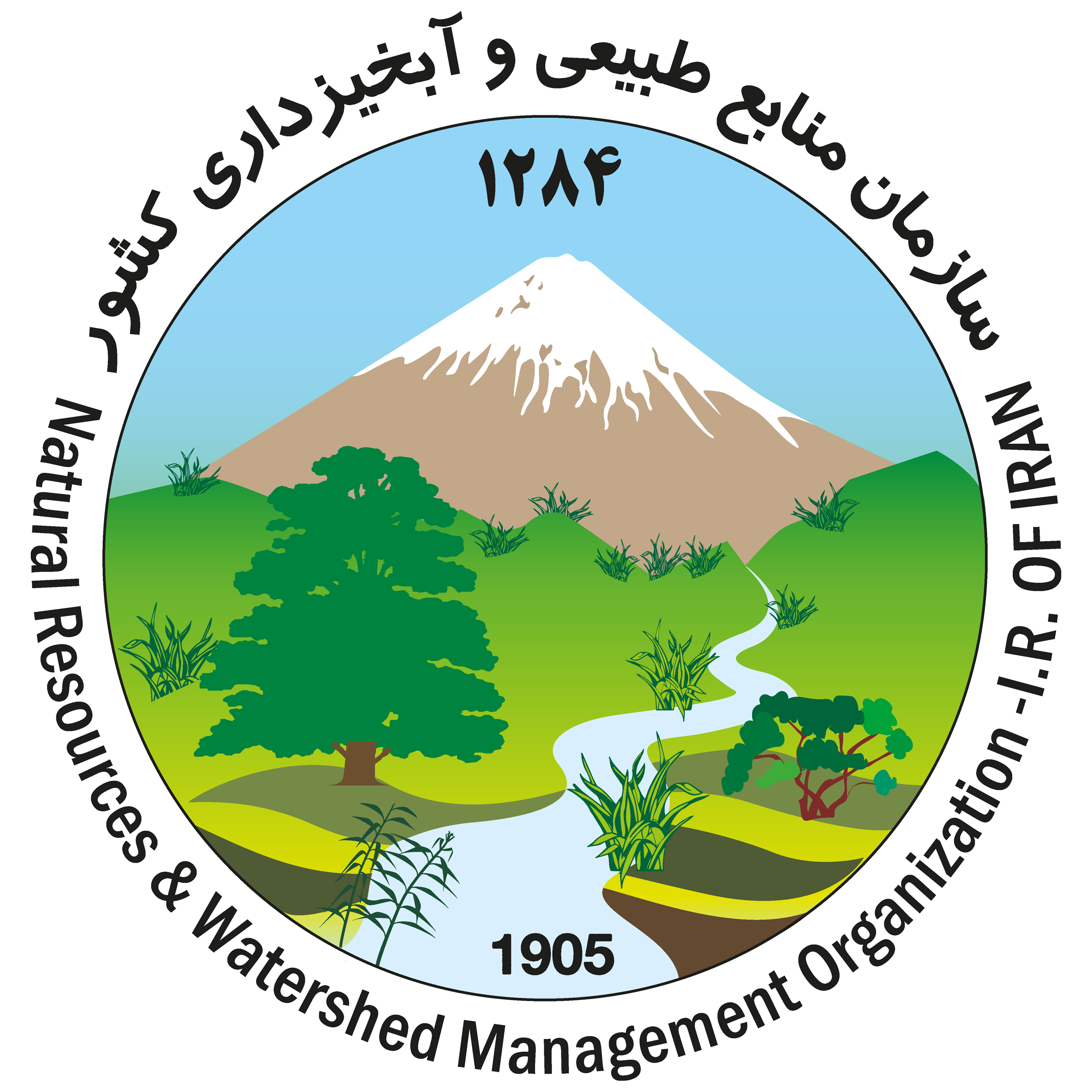
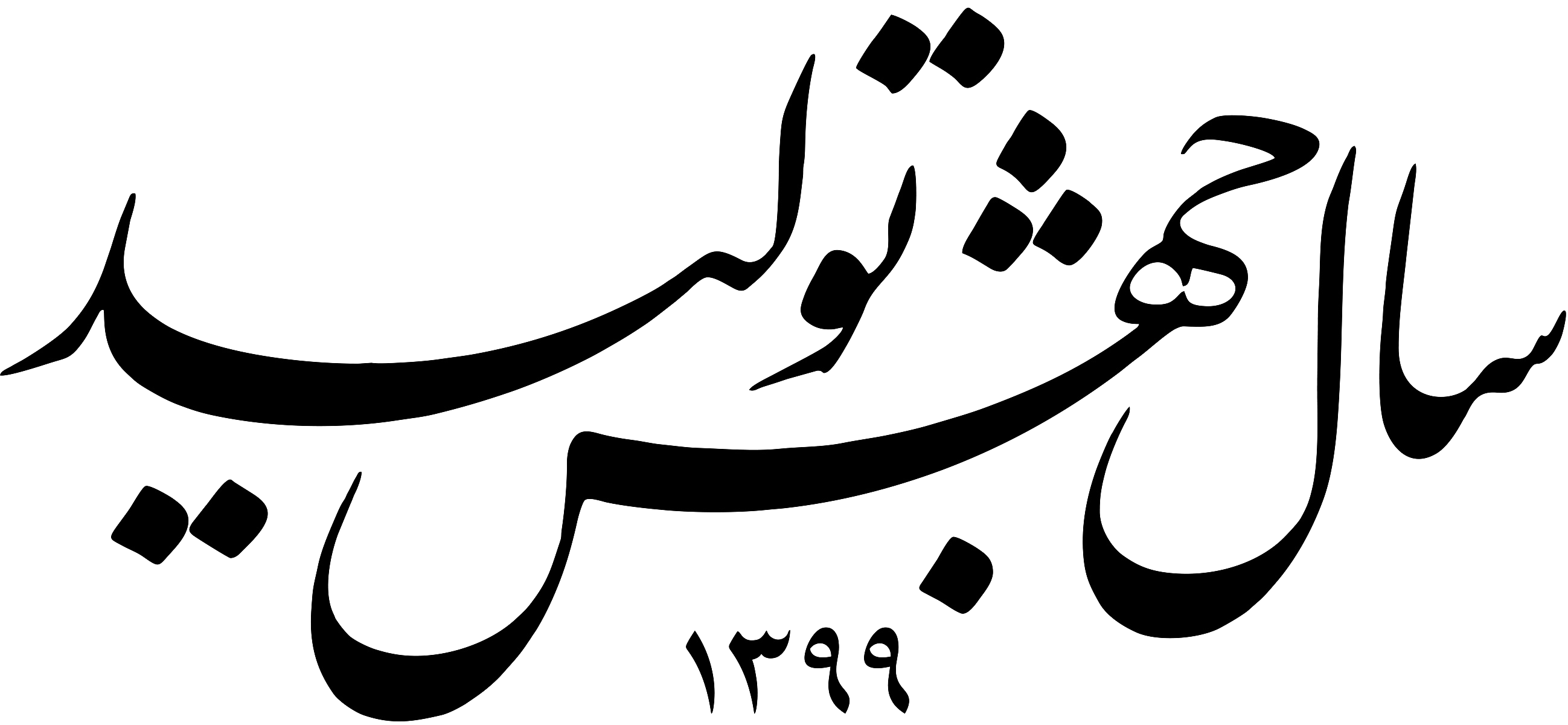
.png)


